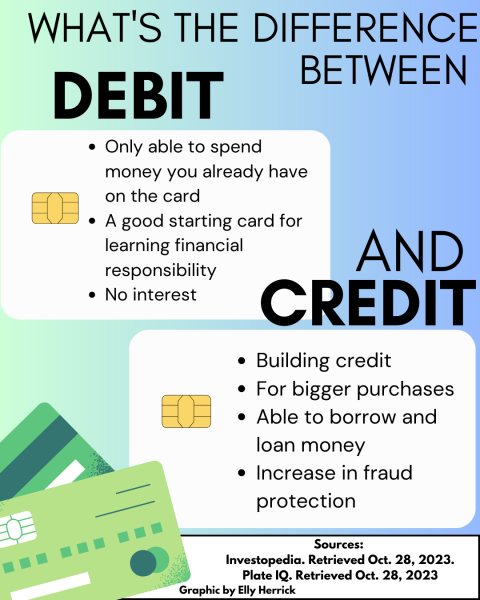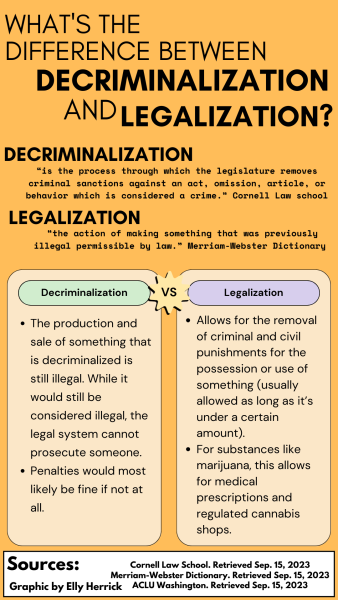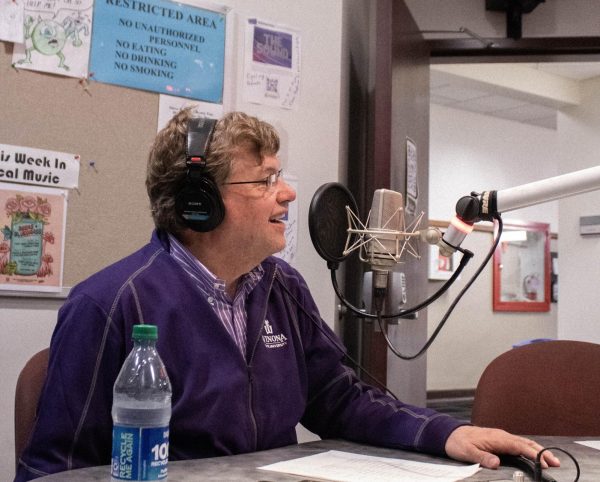What is the Metaverse? Winona State professors discuss
April 20, 2022
On Oct. 28, 2021, CEO of Meta, formally known as Facebook Inc., Mark Zuckerberg, announced the creation of the “Metaverse”. The concept has gained a large point of interest since then. The term Metaverse comes from Neal Stephenson’s 1992 novel “Snow Crash”, within which exists a virtual reality similar to what we see Meta now attempting to create.
Patrick Lichty, an assistant mass communication professor at Winona State University, has a long history working with virtual reality (VR) and augmented reality (AR) technology. He broke down the Metaverse in his own words.
“The Metaverse is basically the marketing term that people are using for web 3.0…Web 1.0 used to be the democratization of publish- ing as in the blog…Web 2.0 being social media when it became bi-directional…Web 3.0 is the unification of the internet…having it be this 3D space,” Lichty said.
The implementation of the Metaverse is nothing new, though. From the creation of “Second Life” in 2003 to the popular “VRChat” released in 2017, the virtual world has been slowly growing both as an interest to the general public and as a tool for entertainment.
“‘Second Life’ roughly started becoming popular around 2005. It was trying to create this second life where commerce and social interaction is transparent…now almost 20 years later we have this idea again,” Lichty shared.
Entertainment is not the only benefit that the Metaverse can provide. Davin Heckman, also a professor in the mass communication department at Winona State, described some of the unique opportunities the Metaverse allows.
“A lot of [The Metaverse] is driven by the fact that we don’t have to sort out problems created by proximity out of necessity…You can give people experiences they wouldn’t normally have access to,” Heckman said.
Within the Metaverse one can build a whole new world. Whole offices can be constructed. Students can attend classes from the comfort of their own homes. Construction and upkeep of large buildings will become less and less necessary as society leans more and more into a virtual world. People will be able to interact with others with similar interests more easily and without constraints of distance.
As the world moves more and more to this virtual world there still runs the risk of theft. This is undercut thanks to the non-fungible token (NFT). The NFT acts as a certificate of ownership. When a purchase is made, the NFT becomes a digital contract that is stored in a blockchain, a form of ledger. This allows for a scarcity of online assets and in turn creates a sense of value to them, as Lichty described.
“The Metaverse is trying to use the internet to create a new form of capitalism for things that were before not able to have value…If you’re a digital artist, and you are able to get a following for your work, you can sell your JPEGs,” Lichty said.
The Metaverse is not without complaint and contention. It may cause people to interact with others of different social, religious, political, or ethical groups less, leading to increased risk of extremist ideals and a lack of independent thinking and open discussion, according to Heckman.
“If we all did and lived everything in the Metaverse…we would get less and less capable of dealing with unforeseen circumstances…generally we would be binge watching our lives rather than dealing with them,” Heckman said.
NFTs have also faced controversy for causing large amounts of energy consumption which when combined with non-renewable sources of energy, lead to an increase in greenhouse gasses.
The entirety of the Metaverse is shrouded in excitement and possibilities. The overall effects are yet to be seen, but many people wait with a combined sense of anxiety and wonder.





































































![“[Dr. Berg] you have done an amazing job of building this program and I have always been in awe at your ability to find resources in all sorts of nooks and crannies including your own pocket to bring to campus an amazing women’s history month program,” Dr. Hyamn said.](https://winonan.org/wp-content/uploads/2023/04/52844059083_5f6fb6176d_o-475x344.jpg)
